
Jack Rollins was born and raised among the twisting cobbled streets and lanes, ruined forts and rolling moors of rural Northumberland, England in 1980. He is the author of the horror novel The Cabinet of Doctor Blessing, the novella The Séance and a range of short , dark fiction tales. Jack lives in Newcastle, England.

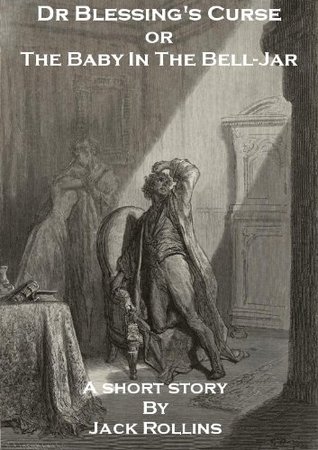
Tell me about your writing process: schedule, environment, inspirations, magick spells, etc.
I have no hard and fast rules when it comes to writing. I’m not one of those 1,000 words a day writers. I wish I was, but life gets in the way. I have bills to pay and my writing won’t yet cover them, and I have children, who wait for nobody and nothing. I think, in fact, hearing some writers talk about their daily word counts actually puts me off writing in some ways—as though I needed to wait until I was in a position to hit that target before I could consider myself a ‘proper writer.’ The truth is, that perfect set of circumstances may never land for me.
So I write whenever and wherever I can. Lately I have been feeling really inspired and energized, and working in my shop enables me plenty of time between customers, to plan, plot, prepare, and ultimately piece together my current work-in-progress. And yes, it can be annoying if I get on a roll and have to stop because a delivery of new stock has to be checked and merchandised, but I have to get on with it and come back to the story because by the time my working day has finished, you can guarantee I’ll be sprawled across my couch, not in any fit state to write another word.
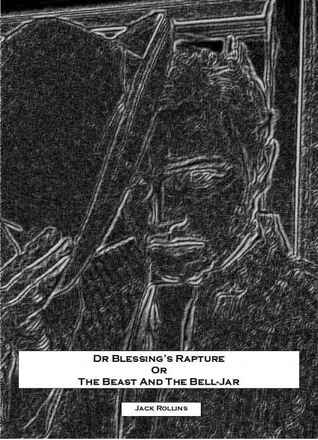
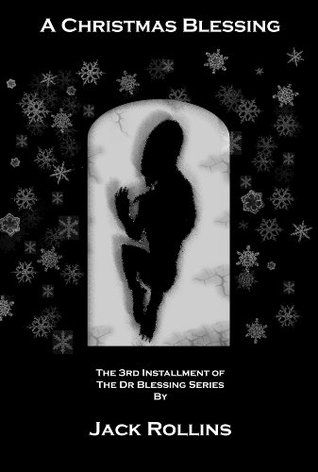
Walk me through your publishing process from “final” draft to final product, including who does what when, and marketing strategies.
I have a few trusted individuals, who are writers, to whom I send my work. One of these writers has known me almost twenty years as I sit here. He knows my style, knows how I say what I want to say, and he especially can help me get to the core of what I’m looking to bring out for the reader.
Once it looks as though we can’t thrash anything more out of the book, then it’s time to put it together. In the case of physical copies of the book, I have learned a great deal over the years about typesetting and formatting a novel properly to ensure a quality product—well laid out and comfortable on the eyes—is produced. The story could be the best thing ever written, but if the typesetting is awful, then who will take the time to read it?
In terms of marketing, I’ve enjoyed some online book launch parties. I found them effective ways of engaging with some readers, but right now, my aim is to be more prolific. I need more stories out there now. I need to reward the loyalty of the readers who have stayed with me, and if I’m able to do that, then hopefully, new readers will join the fold.
I’m not foolish enough to believe it’s some Field of Dreams’ “Write it and they will come” situation. But right now at this stage of my career, with the lengthy break I’ve had between finished projects, I feel the important thing is to look after the readers I’ve already gained. They are, after all, looking out for me.
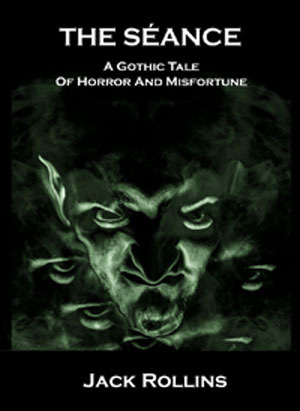
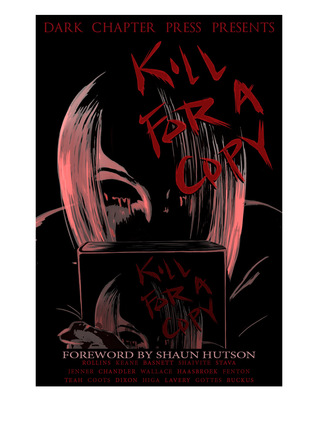
Talk about your support system online and IRL; who are your biggest cheerleaders?
In real life, I know I have the support of my brothers and parents. They like to know that I’m being creative even if what I write doesn’t always appeal to them.
And I need to be honest here, Lael. I haven’t needed a lot of support with the creativity because up until recently, I’ve been fighting battles that completely took me away from my writing. So when I decided enough was enough, and I needed to get back to my old self now that life is settling down again, the first thing I did was write a blog post, almost a letter of apology to the readers who had enjoyed what I’d written previously. And the response I got from that post, in terms of comments, Facebook messages, text messages and all the rest of it, was really uplifting in one sense, and a kick in the balls in another. Uplifting because it was great to know that people are out there rooting for me, and will still get excited when I produce the next piece of work. A kick in the balls because I knew I had to live up to them. That, as a writer, if I do nothing to entertain these loyal readers, then I don’t deserve to have them in my corner. All of that reinforced the positive changes I had made in my life, and I resolved to make creativity a major part of my life once more. Those readers, some of them are individuals I’ve met, or exchanged messages and emails with over time, and that means something to me. My creative output is what connects me to them and because I want to keep that connection to these people who are important to me, I’d better create something to refresh and strengthen our bond.
Beyond that, there is one particular writer in the horror field, and I don’t know if I should name him here. He’s carved out a reputation and persona as one who just doesn’t give a fiddler’s fuck about anything, a bit of a Monster, a bit of a Sick Bastard. But what I came to know about him is, he really is a very caring person, he just doesn’t make a big show of doing it publicly. In my darkest times, periodically I’d get a message from him like, “You said this on Facebook, but I can tell something’s not right.” And I didn’t know how the hell he could read the situation, given I had only met him twice at that time he first called it. But he got it and it turns out he can spot your dark thoughts from 500 miles away, because he’s had them all. All of them and more. And deeper, and for longer. And so every now and then we drop each other a message or a quick call, and I just hope some of those times I give him even one percent of the courage and support he gives me.
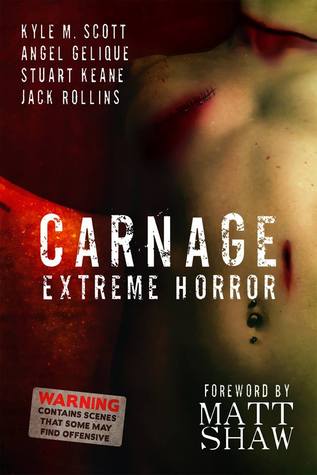
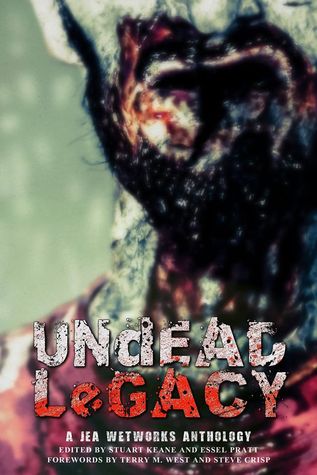
What brought you to horror, and how does life influence your writing and vice versa?
As a teenager, when I discovered that I wanted to write fiction, it wasn’t necessarily horror that I wanted to write. I knocked out childish Tarantino-influenced gangster stories and a couple of futuristic tales that did really have their roots in horror. There were just stories and characters swimming around in my head; one of those stories is in fact being reconstructed in my current work-in -progress, and it wasn’t until I read some James Herbert novels that I realized what I was writing would sit in the horror section at W. H. Smith’s. Now I suppose we would think of that particular story more as urban fantasy, but it opened my mind to the fact that the horror genre was vast and has many alleys and corners with a million different types of story scattered throughout.
The horror that I try to capture for my readers is a deep feeling of unease. I remember my ex-partner’s mother reading Doctor Blessing’s Curse (the first part of The Cabinet of Doctor Blessing) and she said she had to put it down. There was nothing gory in there to offend her—not really, anyway. But what she described to me as being her issue was something else entirely. Doctor Blessing’s reaction to the creature he discovers, his almost paternal protection of it, made the most profound impression on her and left her really quite unnerved. Job done then. That’s a real reaction, triggered by something completely fictional and weird. So I think to take those fantastical elements, and handle them with real emotion, can elicit the best response from a reader. I’m not so much frightened by things in life, but I can find myself with a deep sense of unease about this situation, that person, this area, that mindset, or whatever. And we’re all built with very similar instincts hardwired into our bodies, aren’t we? The old fight-or-flight survival instinct. So if I can pluck the strings that set my nerves off just right, there’s a fair to good chance it could get a reaction from you.
Then on the other hand, there is one fun way that my fiction has influenced my life. I opened a business with one of my brothers a few years ago, selling geek merch and comics and all that. We called the business Carsun’s Bazaar, which is the name of the main character’s geek merch and headshop in my current work-in-progress. Carsun’s Bazaar in real life is almost entirely gone now, but I can see a way to bring some part of it back, yet that’s something for the future.
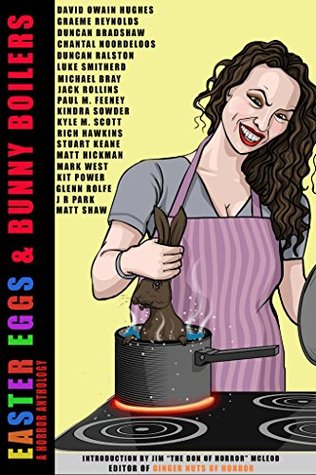
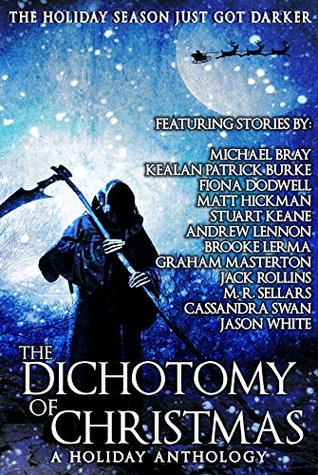
What do you love most about your creativity?
I have a vivid and active imagination, and that creative nature comes in handy, especially as I have two young sons. When we break out the action figures and play together, we get to play out these blockbuster plots that would put those DC movies to shame. If we’re drawing or painting, I can help set a little idea off that the boys can run away with and make their own. And then, for myself, creativity is I suppose an emotional outlet. Right now, the outlet feels great; I’m processing the vast changes I’ve undergone in my life over the past year or so, and now I get to hopefully take all the emotional experience and redirect it into something satisfying that will hopefully entertain others. Problem is, the pendulum swings both ways and the creative, productive heights never last as long as I would love for them to… and then comes the sickening feeling as I hit the apex and feel all that potential energy shift right before I swing in the opposite direction…
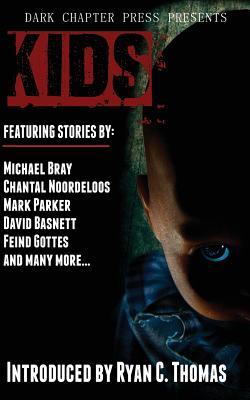
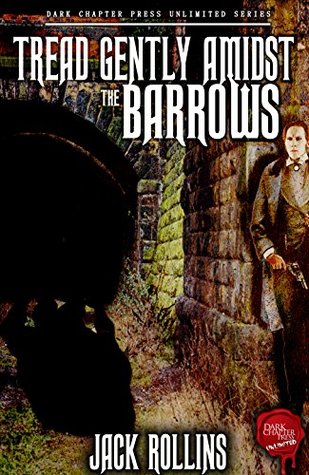
Connect with Jack: